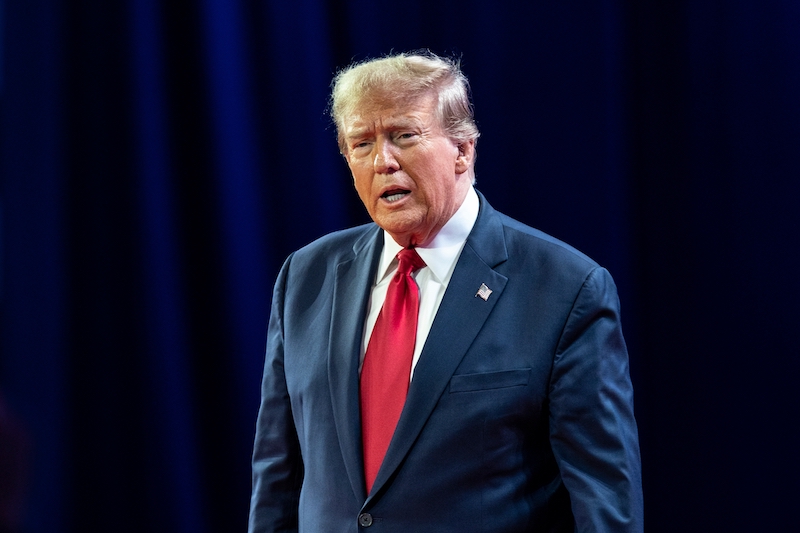
In a recent judicial decision that could have significant implications for the intersection of media reporting and defamation claims, a federal judge in Florida has ruled against ABC News’ motion to dismiss Donald Trump’s lawsuit. The case revolves around comments made by ABC anchor George Stephanopoulos during an interview with Rep. Nancy Mace regarding allegations against Trump.
Trump’s lawsuit stemmed from Stephanopoulos’ statement that “juries have found” Trump “liable for rape,” referencing a civil case involving writer E. Jean Carroll. While Carroll’s case did find Trump liable for defamation, the judge highlighted that the legal findings did not explicitly establish rape as defined under New York law. Despite this nuance, Stephanopoulos’ comments during the interview became a focal point in Trump’s defamation claim.
Judge Cecilia Altonaga’s decision not to dismiss the lawsuit underscores the complexity of defamation cases and the scrutiny applied to media statements. She noted that while a reasonable jury might interpret Stephanopoulos’ remarks in various ways, dismissing Trump’s claims outright would be premature. This ruling suggests that there is merit to Trump’s argument that the statements made on ABC News were potentially defamatory, depending on how they are perceived by a jury.
ABC News had attempted to argue that their reporting fell under Florida’s fair reporting privilege, which protects media outlets when reporting on official proceedings or public documents. However, Judge Altonaga rejected this defense, emphasizing that omitting crucial context could lead to a misleading report, thus undermining the protection of such privilege.
The implications of this ruling extend beyond the immediate legal battle between Trump and ABC News. It raises broader questions about journalistic responsibility in reporting on sensitive legal matters and the potential consequences of framing statements in a manner that could be construed as defamatory.
Trump, in response to the ruling, hailed it as a “big win” and a victory for the country, underscoring the personal and political stakes involved in such litigation. His characterization of the ruling on social media reflects the high-profile nature of the case and its potential impact on public perception.
As this lawsuit progresses, it will be crucial to monitor how courts navigate the balance between media freedom and individual reputation, particularly in cases involving public figures and sensitive allegations. The outcome could set precedent for future defamation claims against media outlets, reinforcing the importance of careful and accurate reporting in contentious legal contexts.


















